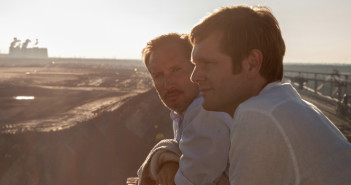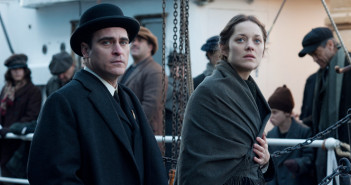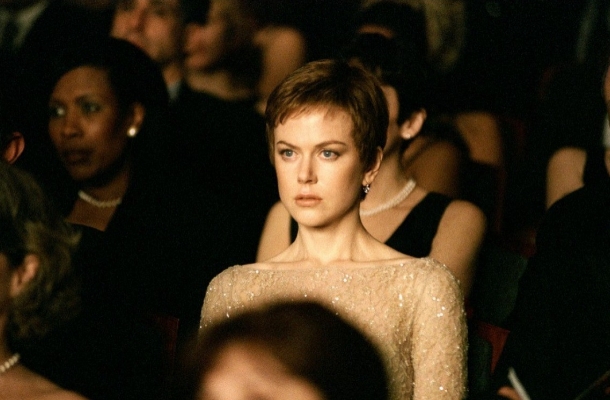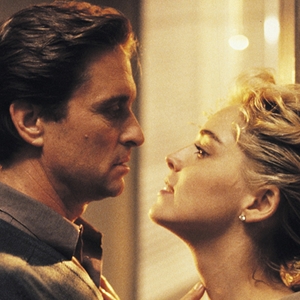Cinematographer Wally Pfister’s directorial debut, Transcendence, is really a film that would have been better suited for Stanley Kubrick, given Kubrick’s career long theme of the dehumanization of man and the large roll technology plays in that dehumanization. Pfister doesn’t handle the material nearly as dexterously as Kubrick would have, but that’s like saying a person who’s never held a gun isn’t as good a shot as Annie Oakley.
The story is that of Will Caster (Johnny Depp), a computer scientist working on the first true artificial intelligence. With the promotion and help of his wife Evelyn (Rebecca Hall) and friend Max (Paul Bettany), he’s working toward the first fully realized AI. Then, a coordinated series of attacks on computer labs across the US occurs and an attempt is made on Will’s life by domestic terrorists determined to destroy any attempt at creating AI and seem to have a general disdain for technology, at least obliquely since they use computers and cell phones regularly. He survives, but the bullet was laced with something that gave him incurable radiation poisoning and five weeks to live.










